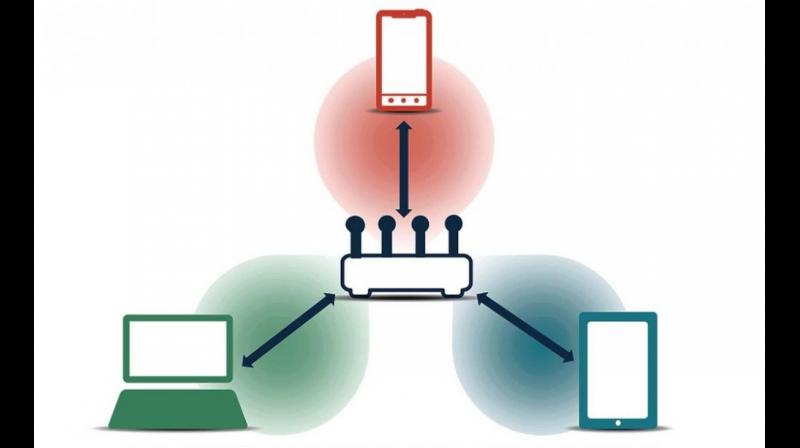Father of MIMO' guides Indian 5G efforts
MIMO is the sixth most influential technology in the history of wireless recognised by the US Patent Office.

Indian scientists and engineers surely have what it takes to contribute to 5G both in standards evolution and technology development, says Arogyaswami Paulraj, Emeritus Professor of Electrical Engineering at Stanford University and the inventor of MIMO (Multiple In, Multiple Out) technology that underpins all wireless communication today. MIMO is the sixth most influential technology in the history of wireless recognised by the US Patent Office.
5G is much more than 4G which essentially only connects smartphones to the internet, Paulraj says. 5G will also connect sensors, machinery, devices, homes, vehicles and robots. It will support massive connectivity, ultra-reliable links and much higher speed channels. The 5G market will be much larger than 4G: with a 1,000-fold increase in endpoints, data transferred and the number wireless enabled applications. It will be the essential fabric for societal transformation and a critical national infrastructure for India.
5G will support an even more powerful version of MIMO known as Massive MIMO, which means MIMO with a large number of antennas, which is feasible in the millimetric band used in 5G. Massive MIMO will enable speed ups of 100 times and more, making the promise of 5G possible. Paulraj, a retired officer of the Indian navy, who built India's sonar capability and founded three major laboratories, is a frequent visitor to India where he has family connections. He also uses such visits to interact with students at Indian universities.
Paulraj is inducted as a member of the India’s recent National Forum on 5G. A pet project that Paulraj backs in India is a 5G test bed, a pan-IIT effort. He thinks this is a good way to acquire more practical knowhow for our very talented wireless faculty. His hope is that it will lead to more wireless startups some of whom can grow into the companies that can reverse India’s heavy dependence on imports.
— IndiaTechOnline

